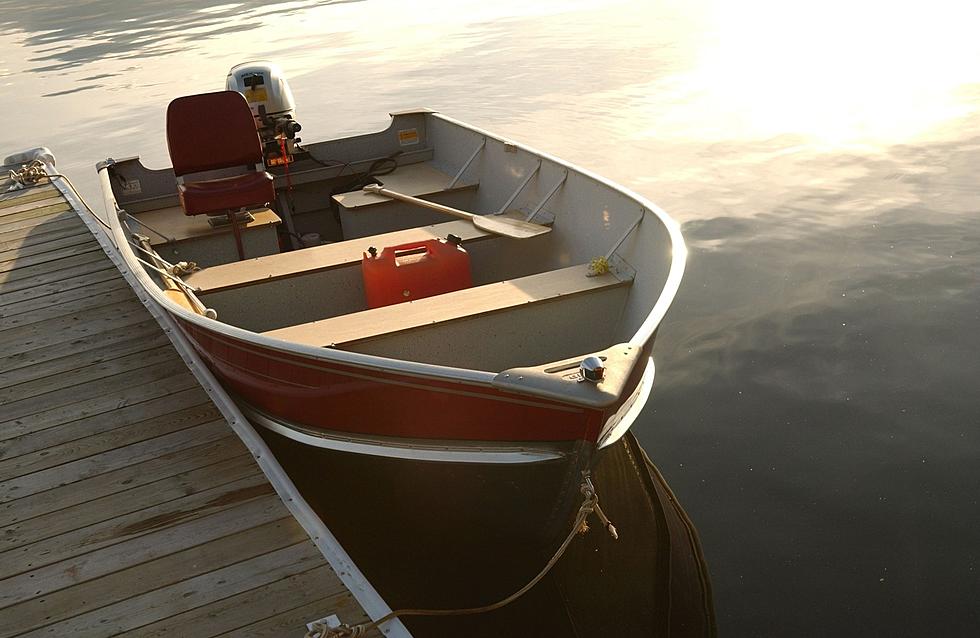
Learn About Michigan Aquatic Invasive Species
Michigan is the Great Lakes state and knowing more about aquatic invasive species is important to the Great Lakes and inland lakes survival.
I have a couple of boats that I use, one to fish with and one to play with. I have a ritual that I do each time I remove one from the water, and that's get away from the body of water and wipe down the boat and remove anything that is not part of the boat and safely dispose of it.
Yes it takes a bit more time when getting the boat out of the water but keeps both of my boats clean and keeps me from putting something in a body of water that doesn't belong there.
Now I don't claim to know ever aquatic invasive species, but the Michigan Department of Natural Resources does and they just so happen to have a special event to educate both you and I on knowing the aquatic invasive species that have been introduced to Michigan.
According to the DNR, the Aquatic Invasive Species Awareness Week is June 27 through July 4 that will be happening at boat landings all across the state of Michigan.
If you would like more detailed information you can contact EGLE Public Information Officer Nick Assendelft at 517.388.3135 or EGLE Aquatic Biologist at 616.250.8647.
There will be over 54 boat landing events that will discuss the impacts of non-native aquatic plants and animals that could harm Michigan's ecosystems, tourism and economy.
We all know about zebra mussels and what they have been doing but there are a lot more things that have gotten into Michigan waters via shipping containers, ships, boats from out of state and boaters right here in state who are using their water crafts on multiple bodies of water.
There are laws that the state of Michigan have in place regarding maintaining your boat:
- Dispose of unused bait in the trash, not the water.
- Remove all drain plugs and drain all water from bilges, ballast tanks and live wells before transporting the watercraft.
- Remove all aquatic organisms, including plants from both the boat trailer and the boat before launching or transporting.
Here are the recommended steps to protect Michigan waters:
- Clean boats, trailers and equipment by removing plants, debris and mud before leaving the access area.
- Dispose of material in a trash can and do the cleaning away from the body of water when possible.
- Dry boats and equipment for five days before launching into a different body of water.
- Disinfect live wells and bilges with a bleach solution (1/2 cup bleach to 5 gal. of water)
This all may seem like a hassle but if we want to keep these amazing lakes, rivers and streams in Michigan so they can be enjoyed for many years to come by generation after generation, all these items listed above will help.
The 100 Best Places to Live in the Midwest
More From 97.9 WGRD









